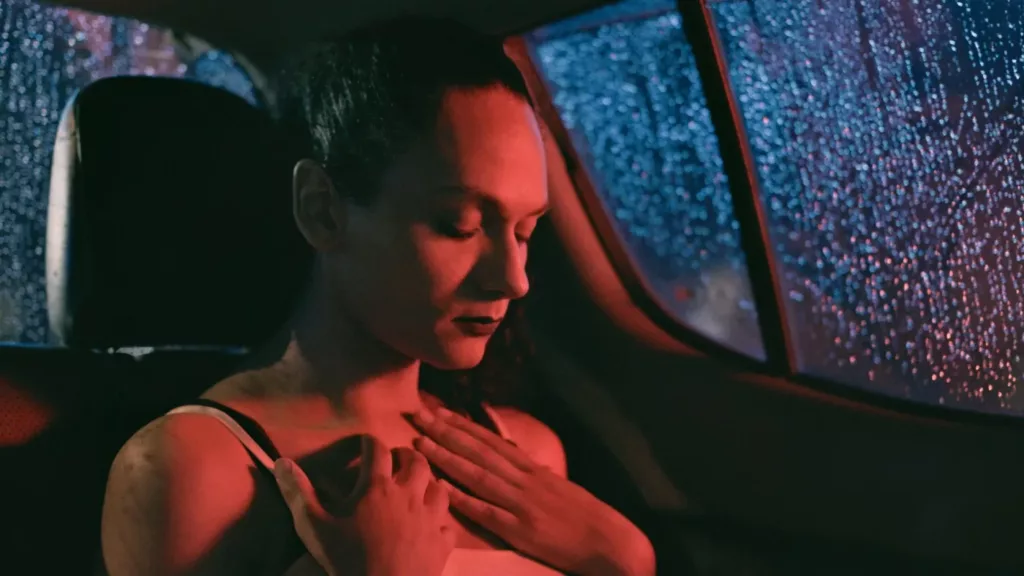Swedish artist and filmmaker Victoria Verseau has made her feature film debut with “Trans Memoria,” a deeply personal documentary exploring her journey as a trans woman. The film, which premiered at the 58th Karlovy Vary International Film Festival, offers an intimate look at Verseau’s experiences, including her transition in Thailand and the loss of a close friend.
Verseau, born in 1988 and based in Stockholm, is known for her multidisciplinary artistic work exploring themes of body, memory, and identity. “Trans Memoria” marks her first venture into feature-length filmmaking, blending documentary footage with reenactments to create a unique narrative structure.
The genesis of the film came from a tragic event in Verseau’s life. In 2015, her friend Meril, whom she had met during her gender confirmation surgery in Thailand in 2012, took her own life. This loss deeply affected Verseau, prompting her to begin writing about their shared experiences.
“From the beginning, I think it was the shock of knowing that my friend Meril had died,” Verseau told The Hollywood Reporter. “It was mostly, I think, a therapeutic way for me to try to digest what had happened.”
The film’s production spanned several years, incorporating footage from as far back as the 1990s. Verseau returned to Thailand in 2019 to film additional scenes, despite struggling with depression at the time. The project evolved significantly during production, shifting from its initial concept as a fictional retelling to a more documentary-style approach.
A unique aspect of “Trans Memoria” is the involvement of Athena and Aamina, two trans women who were initially cast to play Verseau and Meril in fictional scenes. As filming progressed, their perspectives became integral to the narrative, challenging Verseau and broadening the film’s scope.
Verseau emphasizes the importance of trans representation in media, particularly when created by trans individuals themselves. “I heard somewhere that there has been this trans revolution, and so many stories about our lives have been made. But usually they were made by people without that experience, and also people without that experience are playing us,” she noted.
The filmmaker acknowledges the complexity of telling trans stories, balancing the need for positive representation with the desire to portray honest, sometimes difficult experiences. “Trans Memoria” doesn’t shy away from discussing challenges, including medical complications and mental health struggles, while also incorporating moments of humor and hope.
Looking ahead, Verseau has already begun planning her next project, tentatively titled “Trans Love.” This film will focus on a fictionalized account of a hitchhiking trip she took across the United States in her twenties, exploring themes of love, sexuality, and danger.
As “Trans Memoria” begins its festival run, Verseau hopes audiences will connect with the film’s exploration of identity, mortality, and the search for meaning. “I feel I don’t censor myself,” she said, emphasizing the documentary’s raw honesty.
The premiere of “Trans Memoria” at Karlovy Vary International Film Festival marks a significant moment in trans cinema, offering a deeply personal perspective on the complexities of gender transition and identity formation.
